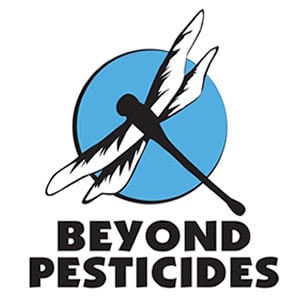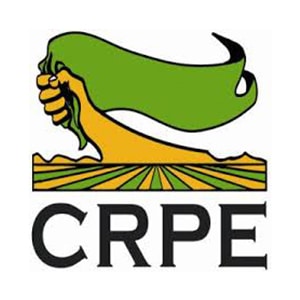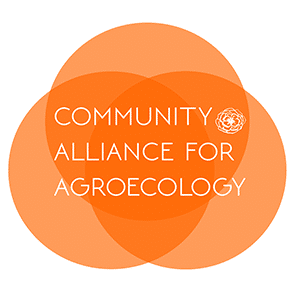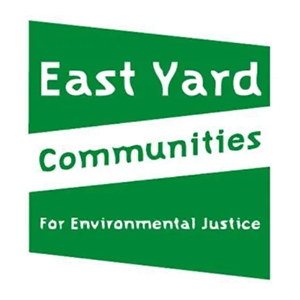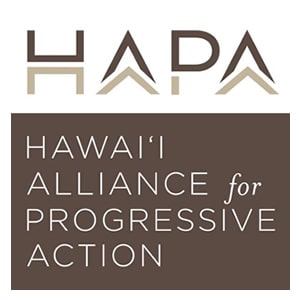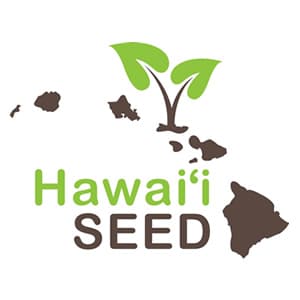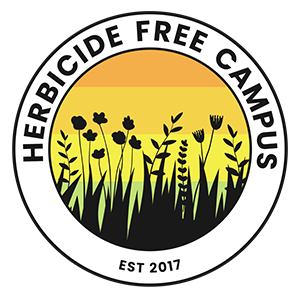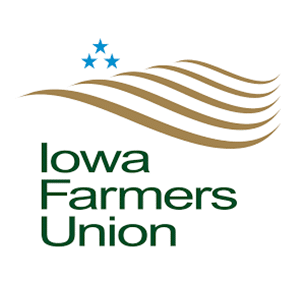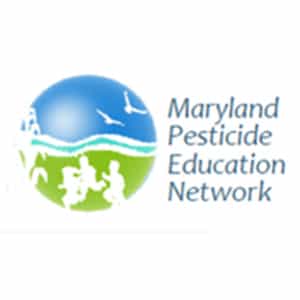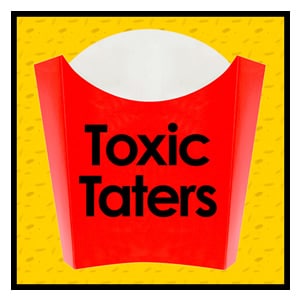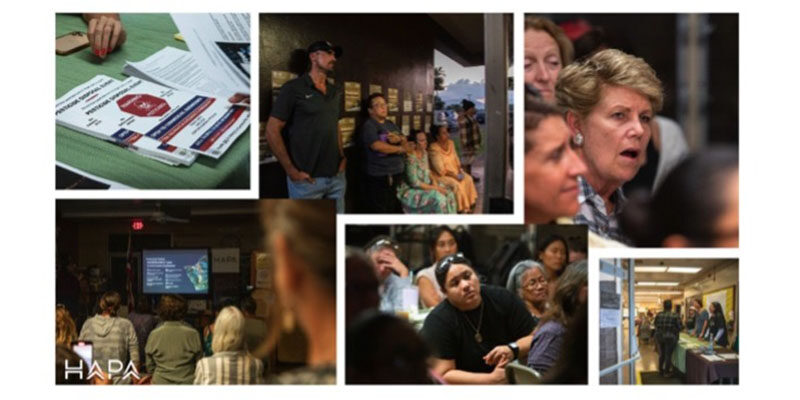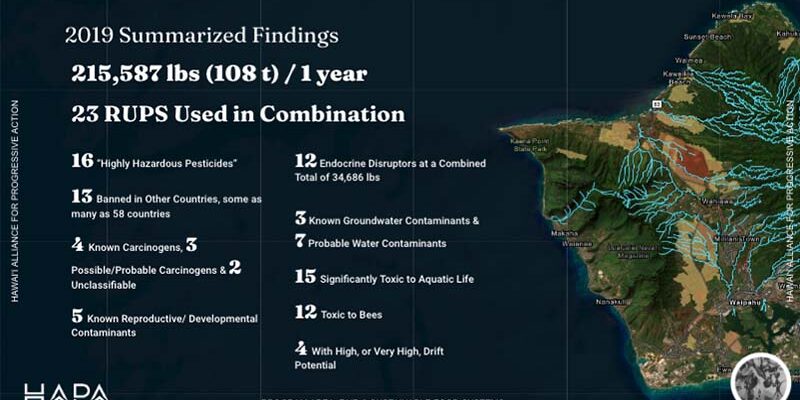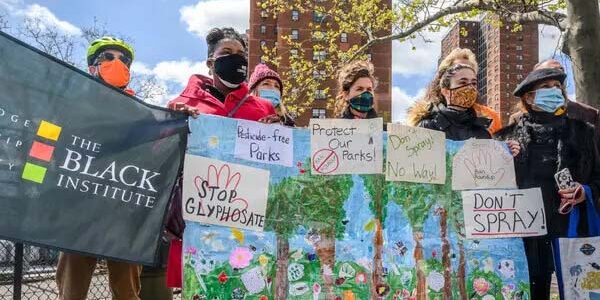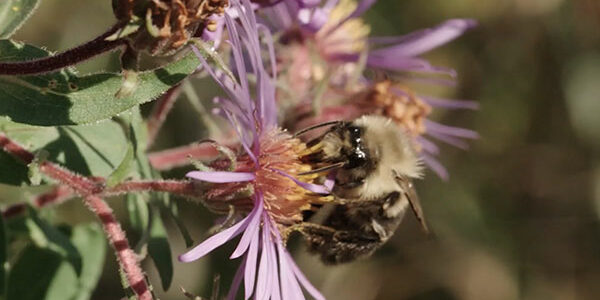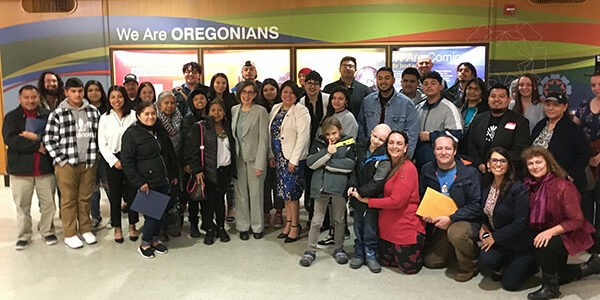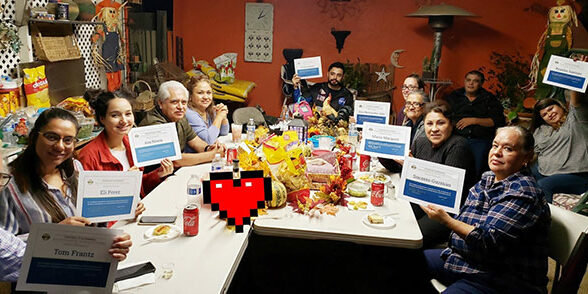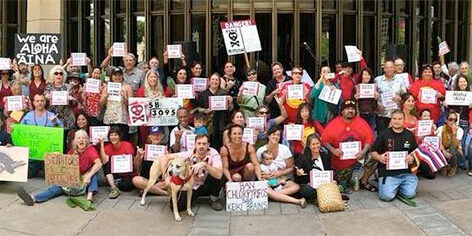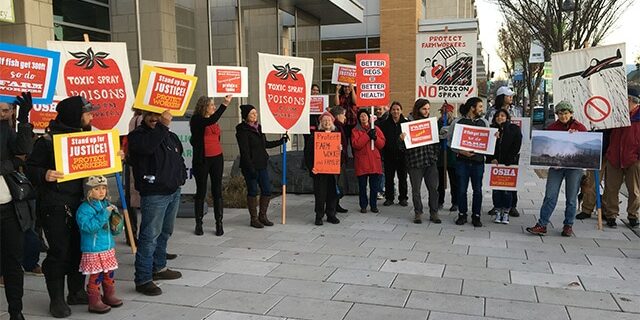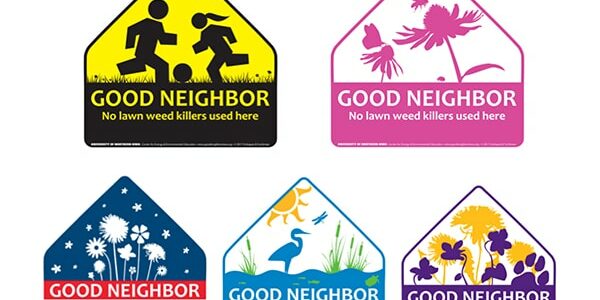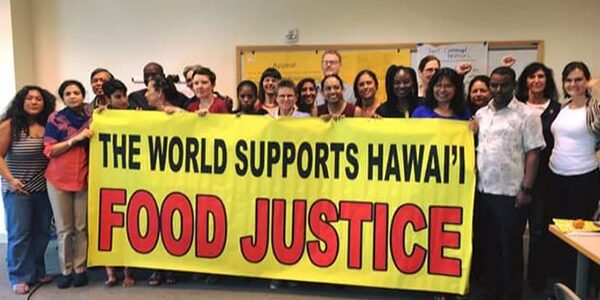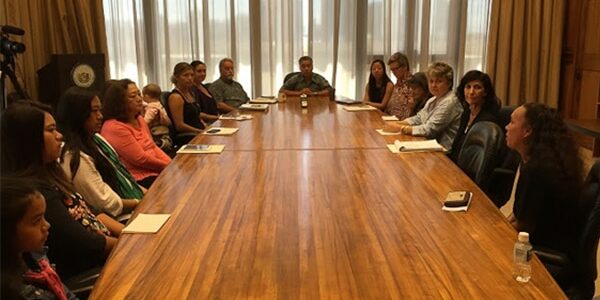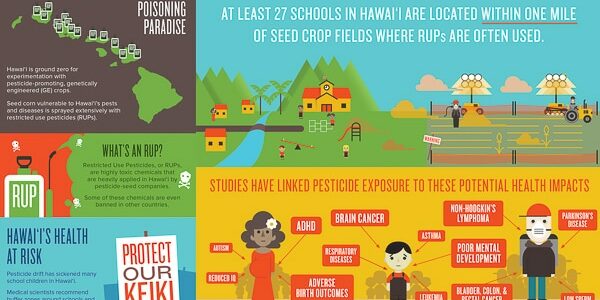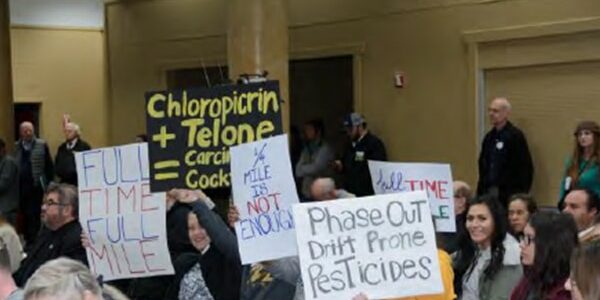As intractable as synthetic pesticide use seems today, it is only within the last 80 years of agriculture’s rich and diverse 10,000–year history that synthetic pesticide reliance has become hallmark to agriculture, and the lynchpin of an industrial and chemical model of production.
Pesticide reliance in agriculture has been aggressively encouraged by multinational chemical corporations including Monsanto, Bayer, Syngenta, Dow–DuPont, and others. This push toward large–scale industrial agricultural production reliant on corporate inputs, including chemicals, fertilizers and seeds, has displaced farmers across the countryside around the world, preventing diversified, ecological, and productive food and farming systems while threatening viable rural livelihoods.
The large chemical corporations exert significant influence as key agricultural, food, health, nutrition, worker and trade policies are created and implemented. Their influence dominates markets, the halls of government and many agricultural research institutions. Since the late 1950s, the use of synthetic pesticides has grown dramatically. Pesticides are now a $50 billion global industry, and more than one billion pounds of pesticides are used in the United States each year, touching all aspects of the industrial food system.
Since the 1950s, a wealth of scientific research has shown that pesticide exposure is linked to significant human health harms and ecosystem devastation, while providing precious little economic benefit to farmers, eaters or rural communities. Indeed, farmers that use pesticides become tethered to a pesticide treadmill: farmers pay rising costs for chemicals to multinational corporations each year, while finding it increasingly difficult to effectively manage insects, weeds and other pests, as the pests reliably become resistant to chemicals. Damage is most severe for those people and ecosystems on the front lines of pesticide exposure in rural communities, and for those people who face multiple exposures: at home, at work, at play, and at school.
Human health harm
Pesticide exposure can cause immediate illness and death, and long–term exposure is linked to several diseases, including various cancers, birth defects, neurodevelopmental delays and cognitive impairment, Parkinson’s Disease, among others.
Ecosystem harm
Pesticides wreak environmental havoc, threatening biodiversity and undermining the ecological systems upon which life depends. Amphibians, grassland birds, as well as honey bees and other pollinators such as monarch butterflies, are some of the species most obviously under threat from exposure to pesticides.
Protecting health, ecosystems and equity
Ceres Trust supports organizations and independent scientists in Hawai’i, the upper Midwest and the San Joaquin Valley of California that are part of movements to protect people, farms and ecosystems from pesticide poisoning.
RESOURCES
Information about the human health harms of pesticides
- Opinion: To get high-risk pesticides out of our bodies, insulate the EPA from politics and follow the science – Environmental Health News
- Agricultural Pesticide Use Near Public Schools in California – California Department of Public Health
- Kids on the Frontline and A Generation in Jeopardy: How pesticides are undermining our children’s health and intelligence – Pesticide Action Network North America
- Living Downstream, a book and documentary film that describe an ecologist’s work to break the silence on environmental pollution and cancer – Dr. Sandra Steingraber
- Pesticides in Paradise: Hawai‘i’s Health and Environment at Risk – Center for Food Safety
- Pesticide Use by Large Agribusinesses in Kaua’i– Joint Fact Finding Study Group
Information about ecosystem harms of pesticides
- Pesticides and U.S. grassland bird declines, aquatic ecosystem biodiversity – American Bird Conservancy
- Preserving Biodiversity as if Life Depends on It, a report on how organic systems are key to re–establishing the biodiversity upon which all life depends – Beyond Pesticides
- Pesticides and Honey Bees: State of the Science, a report on the factors behind Colony Collapse Disorder (CCD), with a sustained focus on the role of pesticides. – Pesticide Action Network North America
Three-part series on pesticide use in California
A three-part series by Environmental Health News and palabra, a multimedia platform of the National Association of Hispanic Journalists, on pesticide use in California finds that rural communities of color and farmworkers are disproportionately exposed to some of the most dangerous chemicals used in agriculture. Our reporting also highlights how communities most at risk of pesticide exposure have led the charge to enact stronger, more protective rules and increase the public’s access to information about pesticide applications before they take place. The series is centered in California but holds lessons for the nation as it grapples with how to manage and regulate toxics used to grow our food. Here are the stories:
On the frontlines of pesticide exposure
Despite decades of research linking pesticide drift to health harm, regulation remains weak and leaves the most vulnerable with few protections.
California’s new pesticide notification system aims to protect public health. Will it work?
Community activists were instrumental in achieving the landmark program. But they worry it won’t go far enough to shield rural communities and farmworkers from pesticide harm.
Mobilizing against pesticides from the ground up
Activists from two of California’s biggest agricultural regions describe the fight to protect communities and workers from pesticide exposure.”
Grantee Partners
Stories from the Field
MPEN’s Smart on Pesticides Coalition
Maryland Pesticide Education Network (MPEN) and its Smart on Pesticides Coalition of 115 organizations and businesses heralded the warning about PFAS being found in the State’s mosquito control pesticide, which we had tested, and is sprayed often weekly in 2,100 communities. MPEN sought media coverage during Maryland’s 2023 Maryland General Assembly session and the resulting press coverage elevated the issue greatly.
HAPA: Ongoing reporting of pesticide use data is the culmination of over a decade of community organizing
The ability to deliver on longstanding community demands for transparency in pesticide use in Hawaii is a major milestone for the Hawai’i Alliance for Progressive Action (HAPA) and our community partners… this milestone finally allows communities to have access to what pesticide use occurs adjacent to their homes, schools, waterways and other sensitive areas.
Environmental Advocates Join NYC Parks Department to Celebrate Pesticide-Free Parks
Eco-Friendly Parks for All, a coalition of environmental, public health and political action organizations has teamed up with Beyond Pesticides, New York City Parks and Recreation Department, and Stonyfield Organic Yogurt to celebrate the success of pilot organic land management programs at eight sites across the five boroughs. The demonstration programs were initiated by the coalition after the city council adopted new legislation in 2021 prohibiting the use of chemical pesticides on all NYC parks.
Beyond Pesticides: 40 Years of Protecting Health and the Environment with Science, Policy, and Action
We’re living in a crucial time for action and we have structured our work to meet the existential challenges to health and the environment as we collaborate with communities across the country and globally. We educate on the hazards of pesticide dependency and bring hands-on support to put in place organic land management programs for parks, playing fields, school yards, and open space. Watch the video for a reflection on 40 years at Beyond Pesticides…
Maui County Council Passes Strongest Public Lands Organic Policy in the Nation
“This legislation represents the most comprehensive restriction of pesticides and synthetic fertilizers on public lands in a major county in the US,” said Jay Feldman, executive director of the nonprofit Beyond Pesticides. “It represents a clear commitment to the elimination of petroleum-based pesticides and fertilizers and an incredibly important effort to confront the climate crisis, biodiversity collapse, and the protection of the health of workers and communities.”
SB 1602 Makes a Difference for Rural Oregonians Sick of Pesticide Drift
SB 1602 is a compilation of legislative initiatives Beyond Toxics has introduced over the past five years. Based on a decade of grassroots organizing across Oregon, we brought forward a wide variety of pressing issues for legislative review and supported many dozens of rural residents in their efforts to testify at the State Capitol to demand protections from aerial pesticide spray. Our early wins to reform the Oregon Forest Practices Act set the stage for the passage of SB 1602.
Victory in Shafter, California
The small but mighty Kern County town of Shafter (pop. 16,988) is savoring a hard-fought victory after the California Air Resources Board (CARB) agreed that pesticides would be included in plans to reduce air emissions in the highly impacted community. With an astonishing 3 million pounds of pesticides used each year within a seven mile radius of Shafter, it came as no surprise that residents put pesticides at the top of the list of pollutants of greatest concern to them – especially those that are classified by the state as Toxic Air Contaminants.
Herbicide-Free Campus, a campaign to ban herbicides at schools
Mackenzie Feldman is a 23 year old from Honolulu, Hawaii, and is the founder of Herbicide-Free Campus, a campaign to ban herbicides at schools. Her campaign originated at UC Berkeley, was expanded to all UC campuses and then broadened to schools across the US. Her work is inspired by the fact that Hawaii— where she is from— is ground zero for industrial agriculture, and they do the most GMO seed testing in Hawaii out of anywhere in the country.
Protect Our Keiki Coalition Brings Dewayne Lee Johnson to Hawai`i
In 2019, the Protect Our Keiki Coalition hosted a speaking tour in Hawai’i featuring Dewayne “Lee” Johnson, a former school groundskeeper from California who was regularly exposed to Monsanto/Bayer’s glyphosate-based herbicides. Lee shared his story with community leaders, policy makers, and government officials. After the Board of Education community meeting with Johnson, the Hawai`i Department of Education prohibited herbicide use on school grounds.
Heroes of SB3095 – This is what democracy looks like
In 2015, Syngenta, Dow, Dupont and BASF successfully sued Kauai County for the right to spray poisons next to schools, and not tell us about it. Today, as a result of the passage of SB3095, they can no longer do this. Over the next 4 years the Restricted Use Pesticide and neurotoxin chlorpyrifos, will be phased out and its use totally prohibited. Though other States have tried, none have been successful and Hawaii is the first.
Beyond Toxics Leads Challenge to Oregon OSHA’s Proposed Rules
In 2017 and 2018, Beyond Toxics led the fight to challenge Oregon OSHA’s proposed new rules on farmworker pesticide protections. Beyond Toxics formed a coalition of Oregon’s farm and forestry worker unions and advocacy organizations, plus labor and social justice groups to force OSHA to reverse course. As a result, Oregon adopted some of the strongest pesticide protection rules for farmworkers in the nation.
Good Neighbor Iowa’s Public Education Campaign
Good Neighbor Iowa launched a statewide public education campaign on April 22, 2017 to significantly reduce and eliminate pesticide use in schools, parks, childcare centers, churches, businesses, and all other large expanses of turf in communities throughout Iowa.
Food Justice Tour and Summit
Hawai’i Alliance for Progressive Action and Pesticide Action Network collaborated on an international food justice tour and summit, challenging the global impacts of the agrichemical industry and bringing together pesticide–affected communities from around the world into common cause.
Organizing to Protect Children
Hawai’i SEED organized alongside mothers from across the Hawaiian Islands to meet with the Governor and staff, demanding that children be protected from the health and developmental harms related to pesticide exposure (2016).
Pesticides in Paradise
The Hawai’i Center for Food Safety published a report, Pesticides in Paradise, Hawai’i’s Health and Environment at Risk, shared across the islands to engage communities in learning about pesticide use in Hawai’i, and taking steps to protect the health, sovereignty, and diverse ecosystems of the island chain.
The Power of Grassroots Organizing
When the California Department of Pesticide Regulation (DPR) announced their draft regulation to protect schoolchildren from exposure to agricultural pesticides, the Safe Ag Safe Schools coalition in Salinas pressured DPR to ensure that a public hearing was added to the roster of events.
Beverly St. John
Beverly St. John acts on her concerns about illness and the environment through participation in the citizen’s group Toxic Taters. She is willing to confront the justification for agricultural chemicals. She is moved by a love of her culture and by a living compassion for the future of everyone’s children.

